SUMMARY
This is AI generated summarization, which may have errors. For context, always refer to the full article.
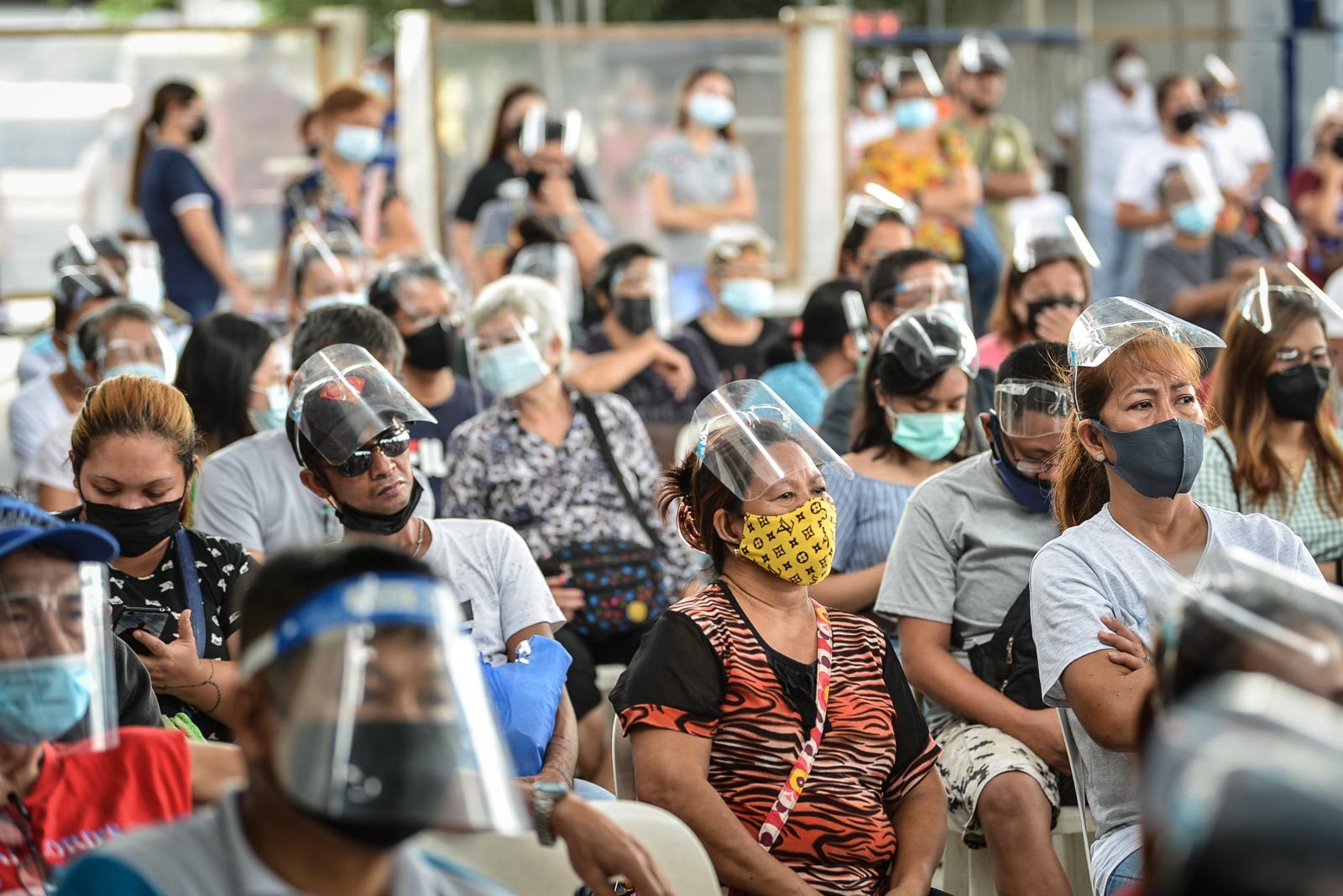
Scientists and health professionals all over the world consider vaccines the best weapon currently available against the coronavirus disease.
While the vaccines offer protection against COVID-19, none of them prevents contracting the illness 100% of the time. (READ: Part 1 | What you need to know about the COVID-19 vaccine manufacturers)
During the Beat COVID-19 Media Forum on June 21, the Department of Health (DOH) confirmed that there were fully vaccinated Filipinos who still contracted the novel coronavirus. Health Undersecretary Maria Rosario Vergeire called these cases “breakthrough infections.”
Breakthrough infections are still rare, based on data available, but here’s what you should know about these cases, why they happen, and what you should do to avoid them.
What are breakthrough infections?
Breakthrough infections occur in people who are fully vaccinated against COVID-19. The United States Centers for Disease Control (CDC) explains that the vaccines only make it less likely for people to get sick.
Cases of breakthrough infections can either be asymptomatic or symptomatic, but vaccination can make the symptoms for symptomatic cases less severe.
As of July 6, the CDC recorded 5,186 cases of breakthrough infections out of 157 million fully vaccinated individuals in the US. Breakthrough cases are being studied in CDC’s ongoing research on how the vaccines work in real-world conditions.
Why do breakthrough infections happen?
To put it simply, vaccines do not work 100% of the time. The World Health Organization (WHO) says that, while vaccines provide a high degree of protection against seriously getting ill or dying of COVID-19, there’s no vaccine that is 100% protective. There will be a small percentage of vaccinated people that will still fall ill.
There are other factors that might contribute to the occurrence of breakthrough infections. The CDC is looking at trends in age, sex, the vaccines involved, underlying health conditions, and COVID-19 variants to identify unusual patterns that might explain why the infections happened.
Aside from these, the WHO also says that a person’s previous COVID-19 disease and current exposure to the virus may have an impact on a vaccine’s effectiveness.
Another factor that the CDC considers is the time between an individual’s vaccination and infection. The CDC says it takes the human body around two weeks to build protection after getting fully vaccinated.
The factor of time is vital in tracking breakthrough infections since most of the COVID-19 vaccines, and all of the vaccine brands currently available in the Philippines, must be administered with intervals.
During the briefing on June 21, Vergeire said it is important to study the period after being vaccinated to the point a person contracts COVID-19.
“We need to confirm and verify how many days after the first dose and how many days after the second dose the patients [got infected], and what are the circumstances surrounding these infections. So that when we give information to the public, it’s comprehensive and complete,” Vergeire said in Filipino.
Have there been breakthrough infections in the Philippines?
The DOH has yet to release data on breakthrough infections. During the briefing on June 21, Vergeire said they were still in the process of verifying details about the reported cases in the country.
However, Food and Drug Administration (FDA) chief Eric Domingo said in a briefing on June 30 that they recorded 68 fully vaccinated people in the Philippines who still got infected, as of June 20.
The FDA tally showed 33 cases recorded for individuals who got infected within 14 days after the second shot, and another 35 people who got the virus more than two weeks after they were fully vaccinated. The FDA also counted 439 infections among people who only got their first dose.
“The vaccines we use are protective against the circulating COVID-19 virus in the Philippines. It is possible that they will have diminished efficacy against the newer variants, but they are still useful,” Domingo said in a text message to Rappler on July 8.
Should people worry about breakthrough infections?
Breakthrough infections are rare. Domingo said during the briefing that less than 1% of Filipinos reported infections once fully vaccinated, or even after just getting their first dose.
“There is no vaccine that has 100% efficacy. Some people do get COVID-19 even after vaccination, but this is usually mild in fully vaccinated individuals and does not progress to severe illness and death,” the FDA chief said in his text message response to Rappler.
During the June 30 briefing, Domingo said no deaths had been recorded in the breakthrough cases in the Philippines so far.
The CDC also says breakthrough infections do not easily happen since different factors may contribute for it to occur. However, it is important to continue following the minimum health protocols even after getting vaccinated to further minimize the risk of infection.
“We do not yet know how long immunity from different COVID-19 vaccines will last. That is one reason why, even as COVID-19 vaccines are being rolled out, we must continue using all public health measures that work to decrease exposure risk, such as physical distancing, masks, and handwashing,” the WHO says.
As of Tuesday, July 13, there have been 13,817,358 COVID-19 vaccine doses administered to Filipinos. Of these, 9,932,127 were for the first dose and 3,885,231 were for the second dose.
This means that, so far, only 9.01% of the entire population of the country have received the first dose, and 3.53% have been fully vaccinated. – with reports from Pauline Macaraeg/Rappler.com
Lorenz Dantes Pasion is a Rappler intern. This article was reviewed by a member of Rappler’s research team and a senior editor. Learn more about Rappler’s internship program here.
Add a comment
How does this make you feel?
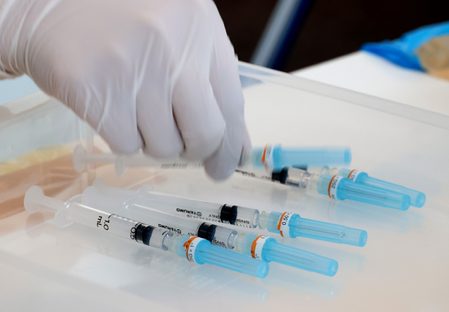
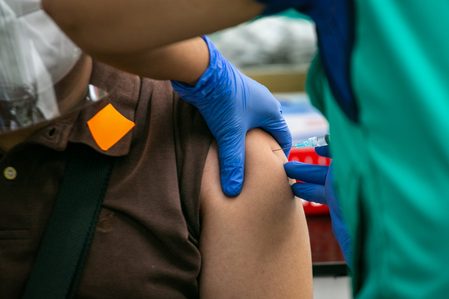
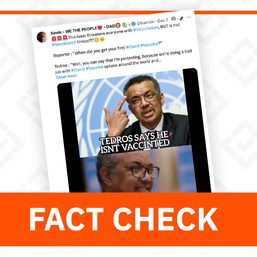
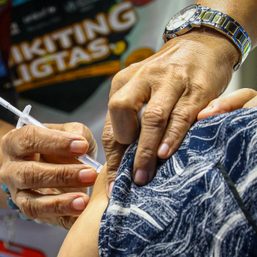
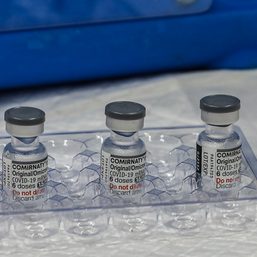

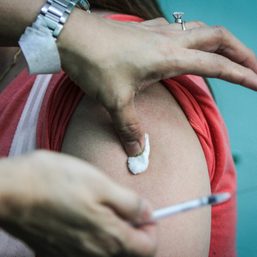
There are no comments yet. Add your comment to start the conversation.